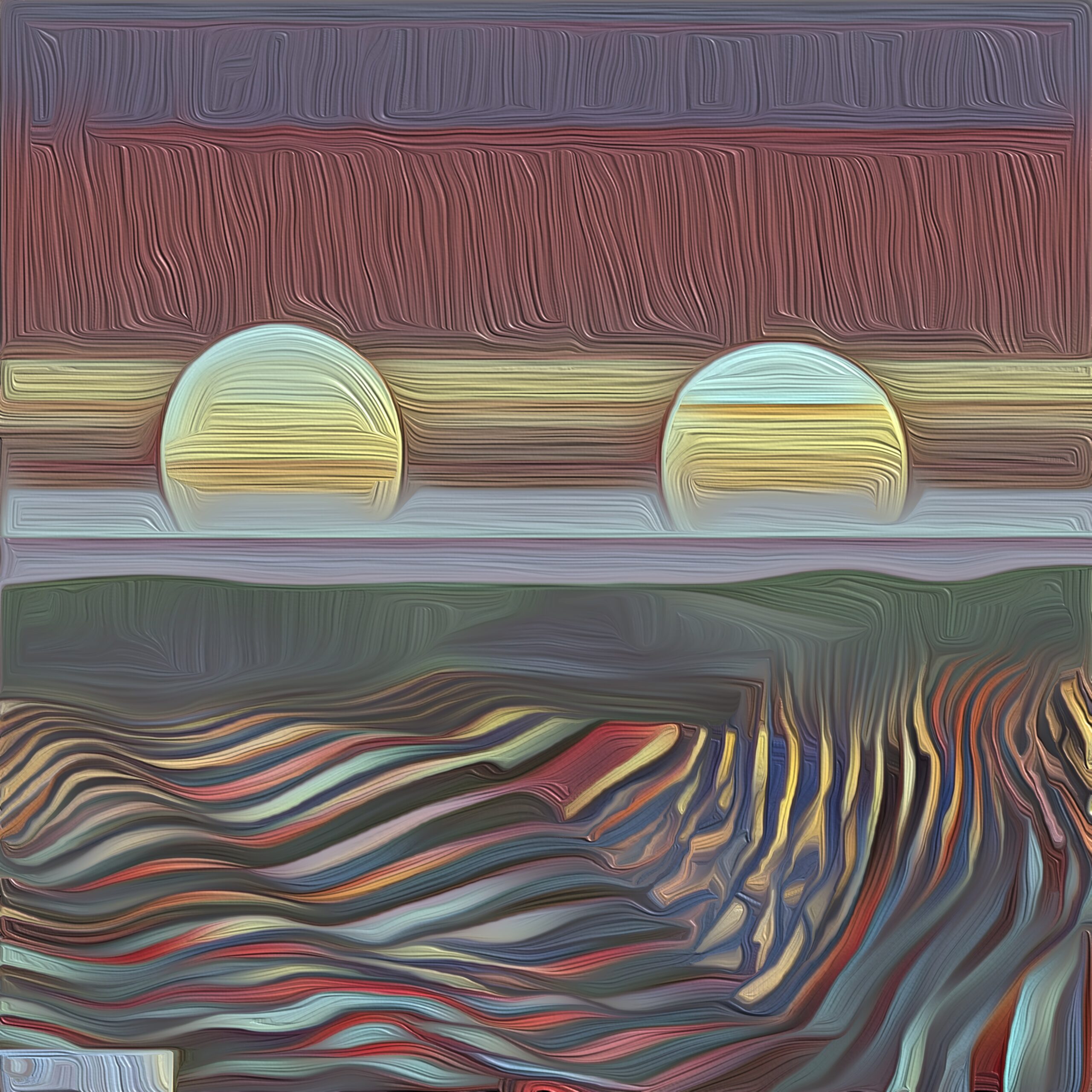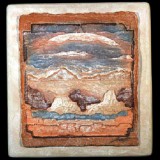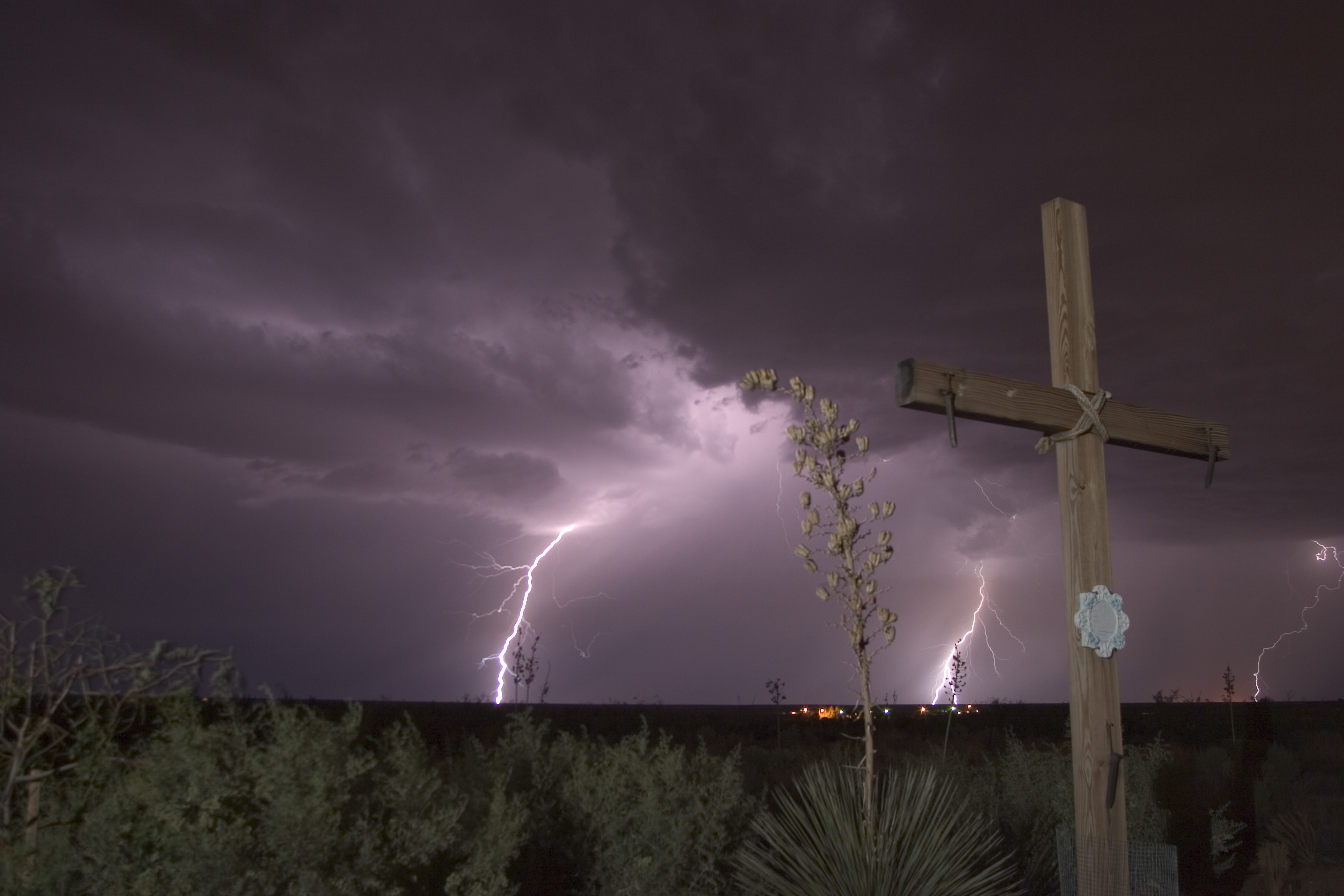Easter: 2nd Week
Gospel Reading: John 20:19-31
On the evening of that first day of the week, when the doors were locked, where the disciples were, for fear of the Jews, Jesus came and stood in their midst and said to them, “Peace be with you.” When he had said this, he showed them his hands and his side. The disciples rejoiced when they saw the Lord. Jesus said to them again, “Peace be with you. As the Father has sent me, so I send you.” And when he had said this, he breathed on them and said to them, “Receive the Holy Spirit. Whose sins you forgive are forgiven them, and whose sins you retain are retained.” Thomas, called Didymus, one of the Twelve, was not with them when Jesus came. So the other disciples said to him, “We have seen the Lord.” But he said to them, “Unless I see the mark of the nails in his hands and put my finger into the nailmarks and put my hand into his side, I will not believe.” Now a week later his disciples were again inside and Thomas was with them. Jesus came, although the doors were locked, and stood in their midst and said, “Peace be with you.” Then he said to Thomas, “Put your finger here and see my hands, and bring your hand and put it into my side, and do not be unbelieving, but believe.” Thomas answered and said to him, “My Lord and my God!” Jesus said to him, “Have you come to believe because you have seen me? Blessed are those who have not seen and have believed.” Now Jesus did many other signs in the presence of his disciples that are not written in this book. But these are written that you may come to believe that Jesus is the Christ, the Son of God, and that through this belief you may have life in his name.
Reflection: When We’ve Locked the Doors by David Morrison
One of the most relatable and therefore comforting things in this account of the resurrection is the fact that the disciples are encountered by the risen Jesus in the context of where they were at–afraid and huddled in a locked room. He doesn’t rebuke them for this, and even a week after he “breathed on them” and thus empowering them with the Spirit, they are still hiding out and he visits them again. The other comforting detail is that even though Thomas missed the first encounter, Jesus signaled him out in a second to make sure he wasn’t left out. The passage invites us–we who are centuries away from this first event into the same transforming experience of the risen Jesus: “Blessed are those who have not seen, but believe.”
If any of us get our lives exactly the way we’ve dreamed—we can count ourselves extremely fortunate, but ultimately, it’s not what the gospel invites us into. If any of us reach our maximum in physical health and emotional maturity, that’s great…but it’s not what the gospel invites us into. If any of us gain financial peace and live a purpose-driven life, we will have all the trappings that affords…but it’s not what the gospel ultimately is inviting us into. What is the invitation, then? It’s to have an encounter with the risen Christ and follow him into that Easter life. How does this happen? It doesn’t seem like a clear route. The invitation to encounter the Risen Christ is the same as entering into the depths of the mystery of our lives. It seems to happen from God’s initiative. The disciples weren’t looking for him and they had locked themselves up in hiding. In this place of vulnerability and fear, Christ appeared in their midst. It’s in our first step of admitting our vulnerability and hearing the soul speaks its terrible truth that seems to give space to the Risen Christ to appear within our locked room. Since Thomas had been a close friend of Jesus, and wasn’t able to recognize him in the little room, we too, in our encounter will probably not recognize it as being from God. The group of disciples had to discern, for the rest of their lives, what it meant for them to be a community of the Risen Lord. In our encounter, in the “blessing that comes from not seeing,” we must do the same. The text doesn’t make the disciples as “object lessons,” to warn the readers. Jesus doesn’t rebuke them for locking the doors—twice, and even after being “breathed on” by the Spirit. Jesus doesn’t make Thomas a lesson against doubt—and so we, in our fears and anxieties are not object lessons either. Let’s start with the simplest, common denominator: breath. He “breathed on them, saying ‘receive the Spirit.” Let’s become aware of our breathing in prayer and the breath of the earth-the wind. “The soul that is united and transformed in God breathes God in God with the same divine breathing with which God, while in her, breathes in himself” (John of the Cross).
Reflective Questions:
- Jesus meets his friends behind the locked door in the place of fear and vulnerability. After breathing the Spirit on them, he sends them out the door to engage the world. His mercy is with us regardless of which side of the door we find ourselves. Which side of the door do I find myself these days?
- The crucifixion continues in the resurrected body of Jesus. What does it mean to live a life shaped by the dying and rising of Christ? What does it mean to be a community shaped by the dying and rising of Christ?
- One of the common denominators in the resurrection stories is that Jesus’ closest friends had difficulty recognizing him. They emphasize that he was not a ghost and was in a human body, yet he seems to shapeshift. This brings up many questions including: What makes me, “me?” What makes me and my childhood person the same after so many years of change?
- When are some times I’ve had the experience of not recognizing the work of God in my life until a certain moment where my vulnerability met the gifting of peace?
- How do I see the traumas of my life transformed into something that heals? What has this process looked like over time?
- Jesus breathed on them signifying the need for a continual renewing of the Sprit in our lives and as community. How would I describe my relationship with my own breathing over my lifetime? What kinds of renewals of the Spirit have I received over the span of my life?
Prayer:
I behold your five wounds marking your resurrected body: Perfect humanity in union with perfect Divinity. Hide me in your wounds that I may partake in your risen life. Your wounds no longer kill, but bring eternal life. I join the wounds of the sufferings of my life to your wounds and they become scars on a resurrected heart: no longer killing me with bitterness, but bringing the redemption of your life in me. Your mercy heals all.

The Eighth Day by David Morrison




